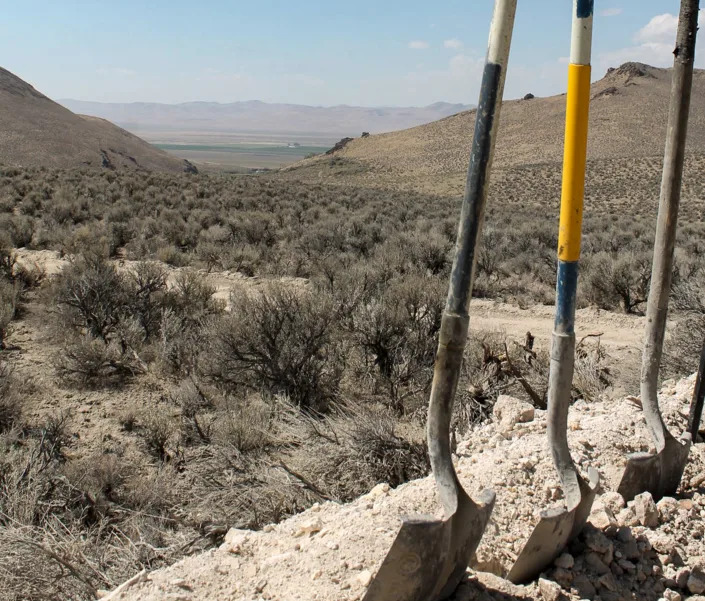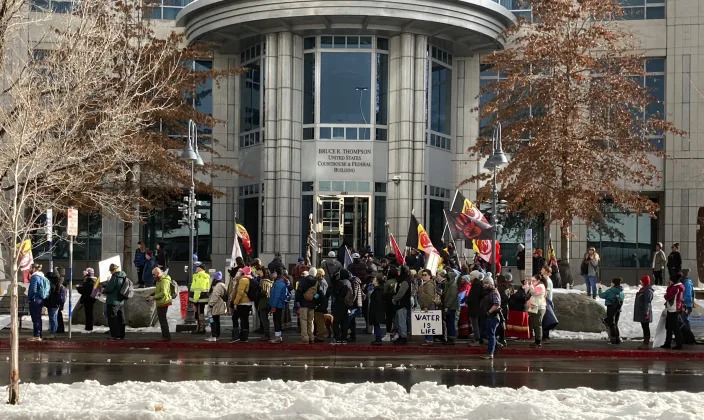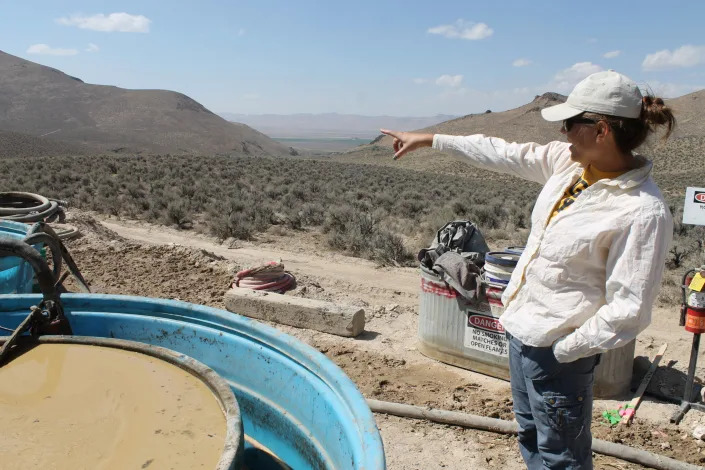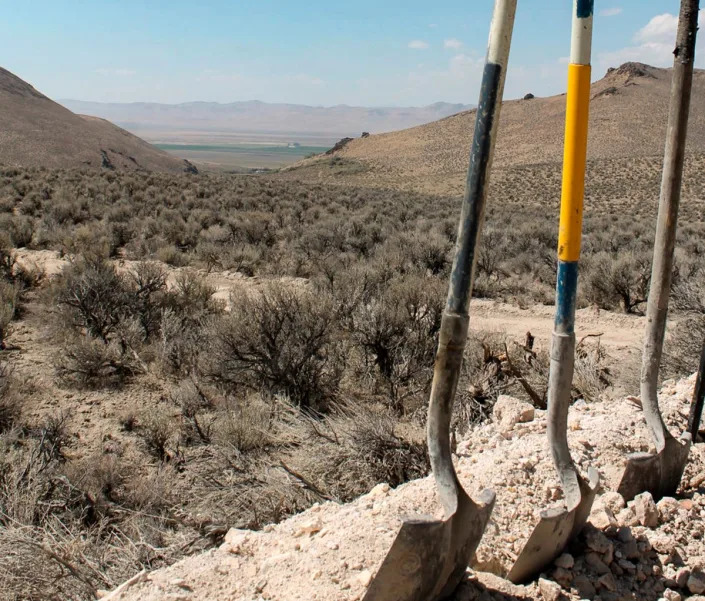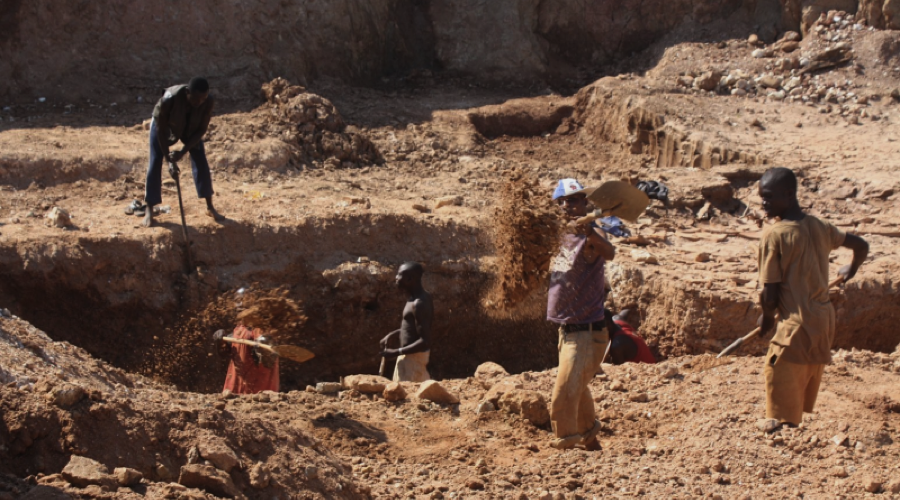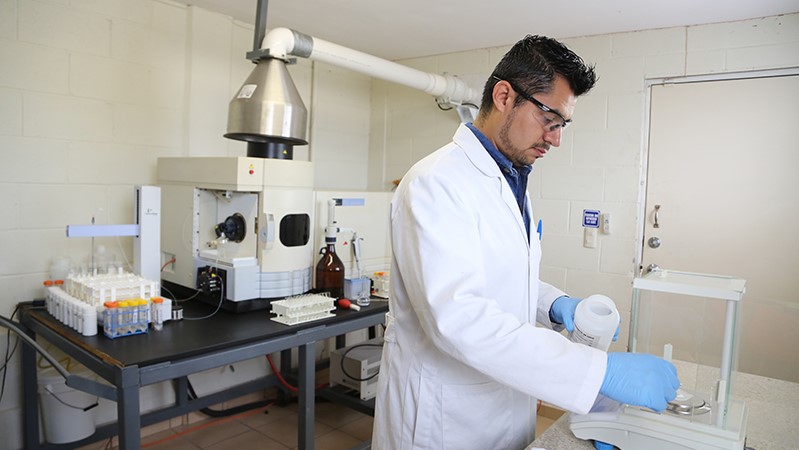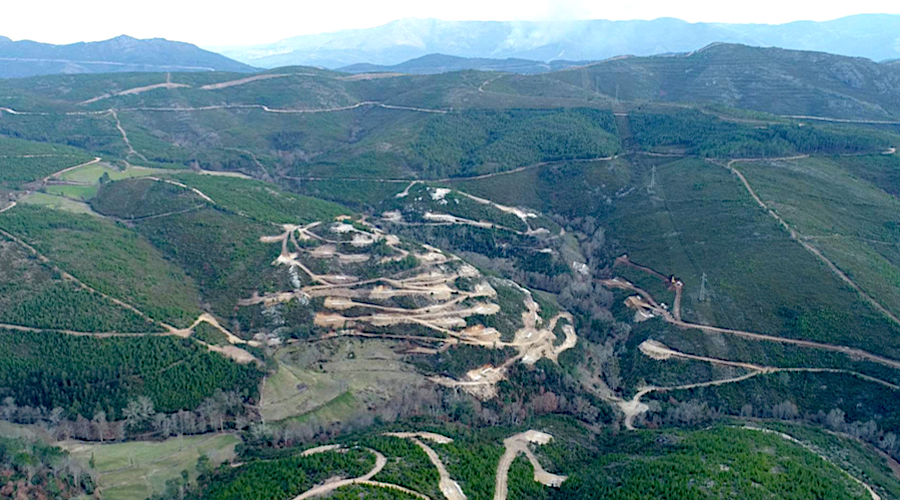This U.S. diplomat went to Haiti to talk policing. Then he got a close look at the chaos
Jacqueline Charles
Wed, February 8, 2023
The table on a basketball court at the makeshift training ground held some of the sophisticated gear that the United States has sent to Haiti to help its overmatched police combat heavily armed gangs that have left the country in chaos.
By law, the U.S. can’t supply Haiti with weapons or ammunition. But there is plenty else: night vision goggles, advanced combat telescopic rifle scopes, riot helmets, ballistic vests with plates that can sustain piercing rounds. Nearby were two Haiti National Police officers in new battle-ready uniforms. The U.S. has donated hundreds of the sets along with several armored vehicles.
Todd Robinson, a senior Biden administration official overseeing the U.S. effort to help the Haitian National Police, surveyed the impressive array. “So between this and the MRAPs, they should be pretty well protected?” he said, referring to mine-resistant armored vehicles the Haitian government recently purchased.

The United States is helping the Haiti National Police train new SWAT officers in the country. The group recently showed off its skills for the head of the Bureau of International Narcotics and Law Enforcement Affairs, Todd Robinson, during a January 2023 visit to Port-au-Prince, Haiti.
A U.S.-hired expert in tactical operations agreed. Then he offered an assessment to Robinson of the reality, a sobering reminder that the ongoing battle to seize control from gangs won’t be won with just more armored vehicles and vests.
Several SWAT members live away from home “all the time” because their homes are too close to current gang activity.
Rioting police and a volatile Haiti
Robinson, an assistant secretary of state in charge of the Bureau of International Narcotics and Law Enforcement Affairs, visited Port-au-Prince late last month, a trip that coincided with rioting by police after two gang attacks in five days left 11 police officers dead.
Enraged over the killings, armed officers, joined by fired cops and gang members, blocked roads, fired shots in the air and erected burning barricades in the capital and two other regional departments.
What was supposed to be a visit to see a newly U.S. trained SWAT team in action and deliver much needed policing equipment quickly became a firsthand look at the volatility in Haiti, the increasing fragility of the country’s sole law enforcement institution and the increasing reach of powerful gangs.
“The trend line regarding violence and instability is going in the wrong direction,” Robinson, 59, said. “I don’t think anybody can put a time limit on when things are going to explode. But I would say that the trend line is not good and that if we don’t act quickly, to come to an agreement on an overall plan for how the international community is going to support the institutions that are here now, if we don’t do that quickly, we could be looking at serious problems. Not at a moment of our choosing, soon.”

Todd Robinson, assistant secretary of state in charge of the Bureau of International Narcotics and Law Enforcement Affairs, left, stands next to U.S. Chargé d’Affaires Eric Stromayer as they visit a U.S.-financed SWAT training at the Haiti National police training grounds. They are joined by Haiti National Police Chief Frantz Elbé and an aide during the Friday, Jan. 27, 2023, visit in Port-au-Prince, Haiti.
As Robinson met with Prime Minister Ariel Henry and later Haiti National Police Director General Frantz Elbé inside a secure room in the Toussaint L’Ouverture International Airport, protesters stormed into the departure area and forced their way through the gate of the diplomatic lounge. None of the three were harmed.
“Our message to the government of Haiti, and to the Haiti National Police, is that we are here; we are going to find a way to help. We want to be as helpful as possible,” said Robinson, whose bureau has helped funneled $92 million in security assistance to Haiti since the summer of 2021. “We want to work with our partners in the international community to be helpful. But whatever happens, the United States is not going to allow lawlessness and gang violence to win the day.”
A police force with high rates of attrition
Gang violence in Haiti has surged since the July 2021 assassination of Haitian President Jovenel Moïse created a power vacuum. Armed groups, fighting for control of territory, now control at least 60% of the capital, according to the United Nations. They have infiltrated the police while also targeting them.
In October, the U.N. secretary-general called for “a rapid action” force to be deployed to Haiti, after Henry asked for international military aid. Last week, Jamaica offered to deploy soldiers and El Salvador said it is willing to send a security team to help with a plan, but four months later, no large countries have stepped forward
At a U.N. Security Council meeting ahead of Robinson’s overnight visit, neither the representatives of Canada nor the United States, two countries some international observers hope would lead such a force, offered any hint that foreign troops are on their way.
“Haiti must address its continued insecurity challenges,” the U.S. deputy representative to the U.N., Robert Wood, said as he acknowledged that the current level of gang violence is “unprecedented.”
Bob Rae, the Canadian ambassador, said past foreign military interventions have not worked and Canada — which last weekend deployed a military aircraft over Haiti to collect intelligence on gangs for police — is focused on better equipping the police and helping in other ways.
Speaking to journalists afterward, Helen La Lime, who heads the U.N. ‘s political office in Haiti, acknowledged the training and other international community efforts. This includes a U.N. effort to raise $28 million to equip the police and a training program by France, which last year trained 300 specialized and regular officers in tactics and kidnapping negotiations and plans to expand the program this year.
“We’re still not doing enough to be able to win this fight at this stage,” La Lime said, endorsing the call for outside military support. “We will not win this fight without significant levels of additional support.”
9,000 active duty officers
The Haiti National Police, La Lime said, is “down to about 9,000 active duty forces... ready to go at any particular time.” This means that it’s difficult for police to make sustained progress against gangs.
On top of desertions, temporary suspensions and other absences, the police suffer from high attrition numbers, the U.N. has said. So many cops are leaving that recruitment efforts can’t keep up. Elite units like the anti-drug trafficking brigade are now hollow shells of themselves, as most officers with U.S. visas have left the country.
Adding to the challenge is the Biden administration’s new two-year parole program for Haitians who have people in the U.S. willing to sponsor them. So many police officers have applied for passports to leave the country that the director of the Immigration and Emigration office, Jean Osselin Lambert, told the Herald that he’s creating a special center just for cops to drop off applications.
“The attrition rate is not only depleting the ranks but is a reflection of the frustrations and growing distrust with senior leadership and political leadership — that is a very serious problem,” said Georges Fauriol, a Haiti expert with the Center for Strategic and International Studies in Washington.
Fauriol said a 9,000-member active-duty police force, along with newly trained SWAT-like teams, may be enough to cover the Port-au-Prince region, but is totally inadequate to cover all of Haiti and its nearly 12 million inhabitants.
Haiti security experts say the country needs a specialized international force, accompanied by the training that Robinson is touting, and charismatic leadership to address the issues within the country’s internal politics.
“What Haitians most want right now is security; security to go about their lives without the fear of being injured or kidnapped when they leave their homes,” La Lime said. “The gangs are active in Haiti. They are subjugating populations, they are terrorizing populations. They are continuing on a wave of criminality, the likes of which we’ve never seen before. That includes killing, rape, manipulation of populations making it difficult to deliver humanitarian assistance.”











